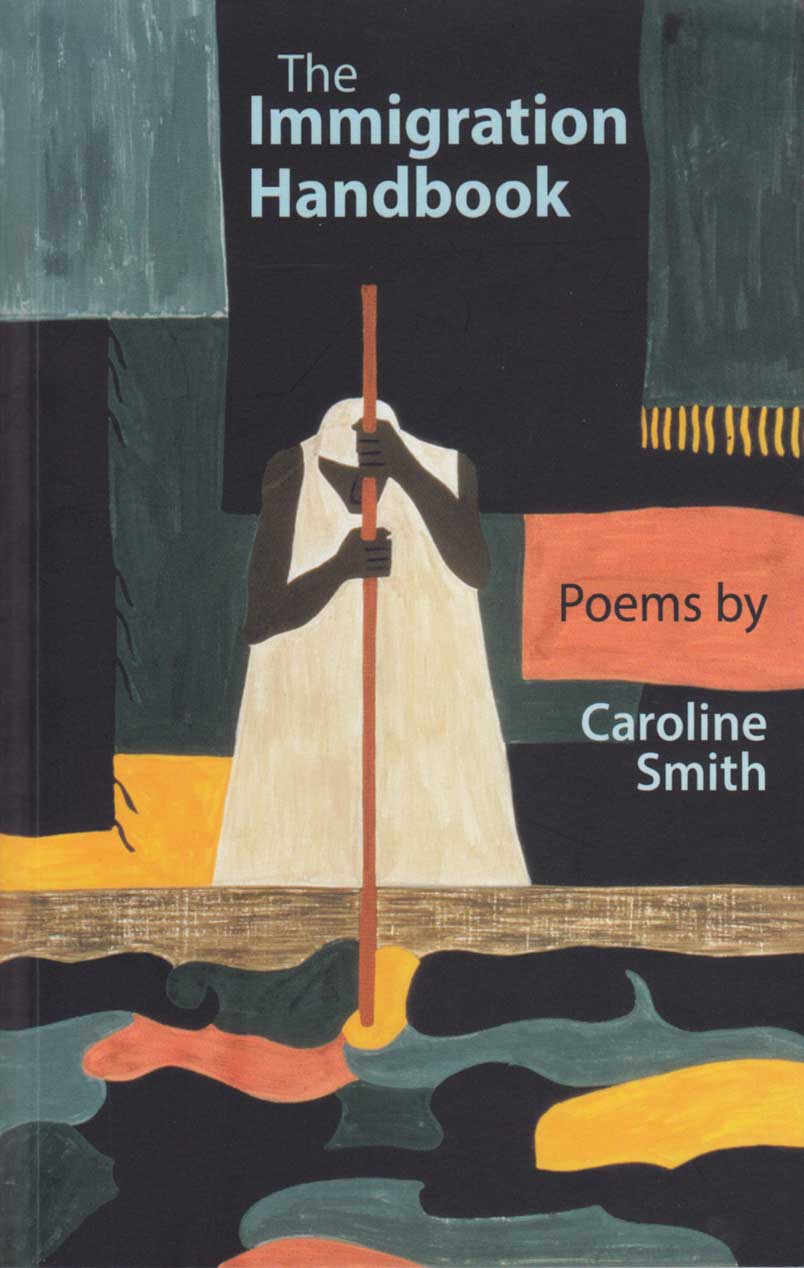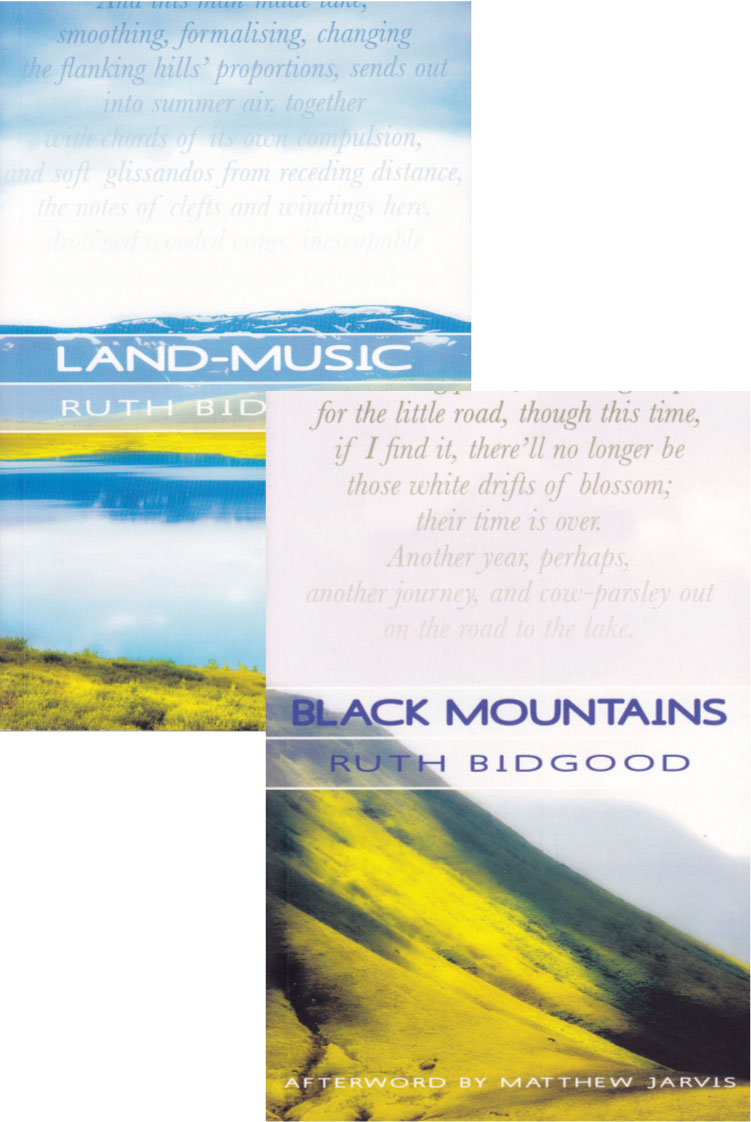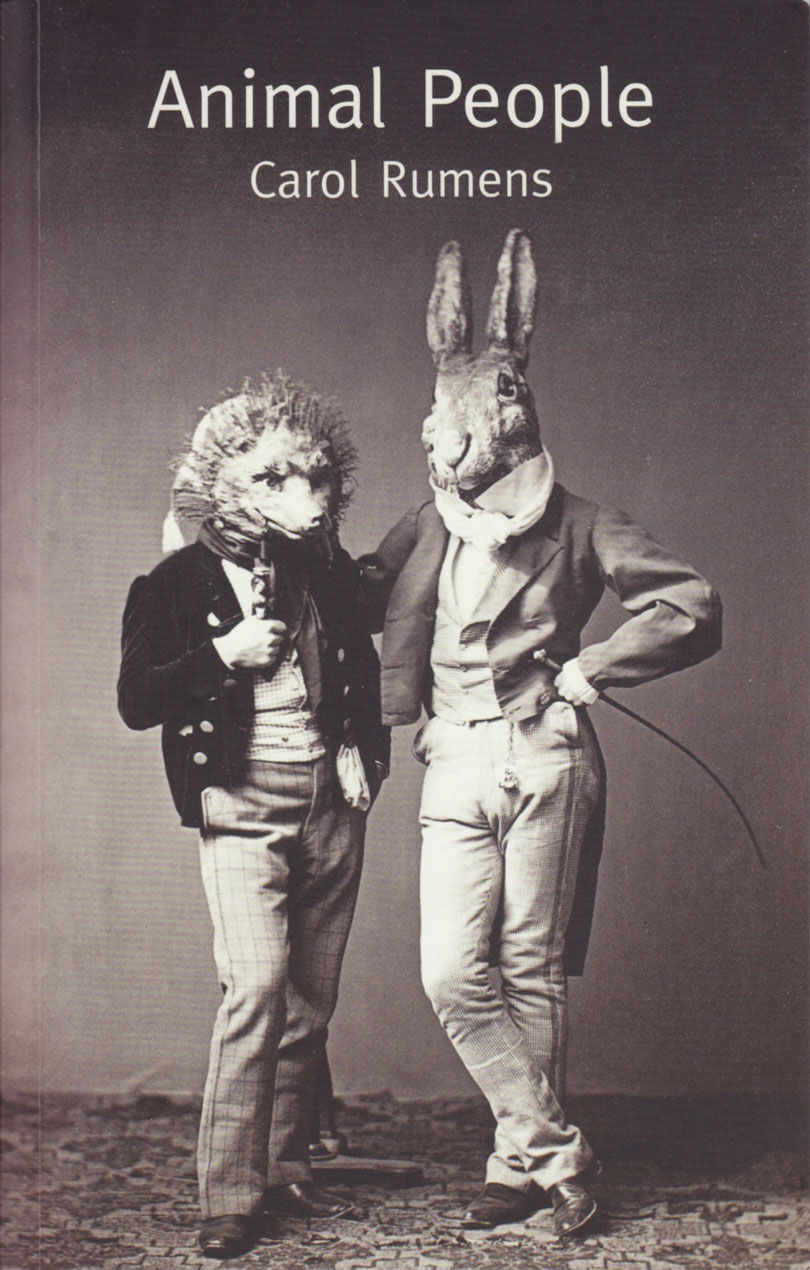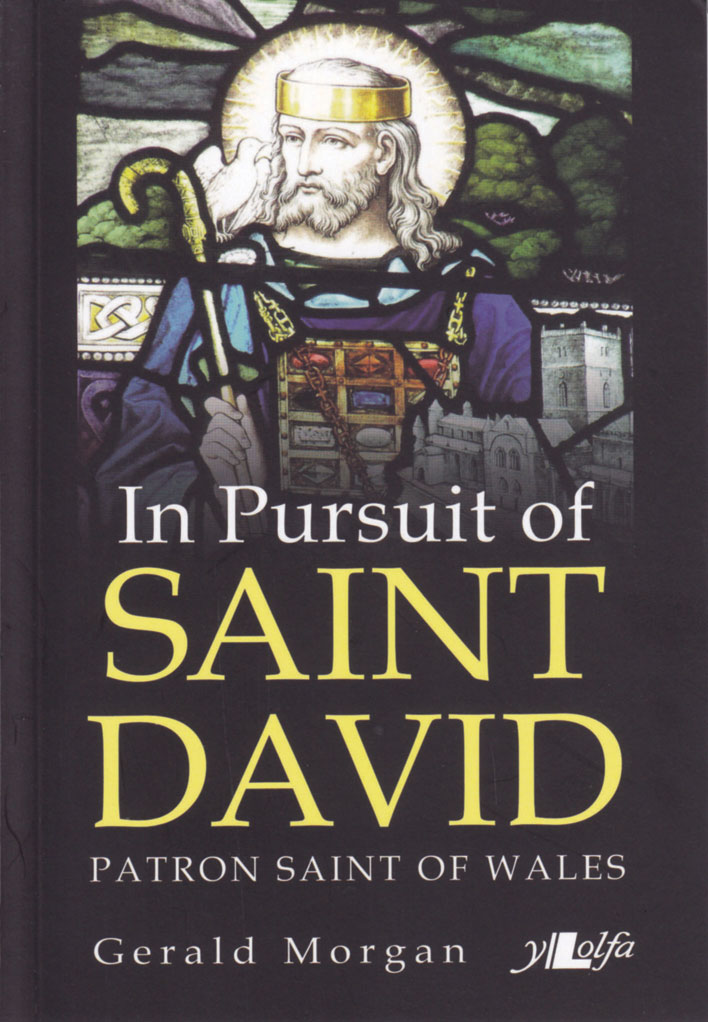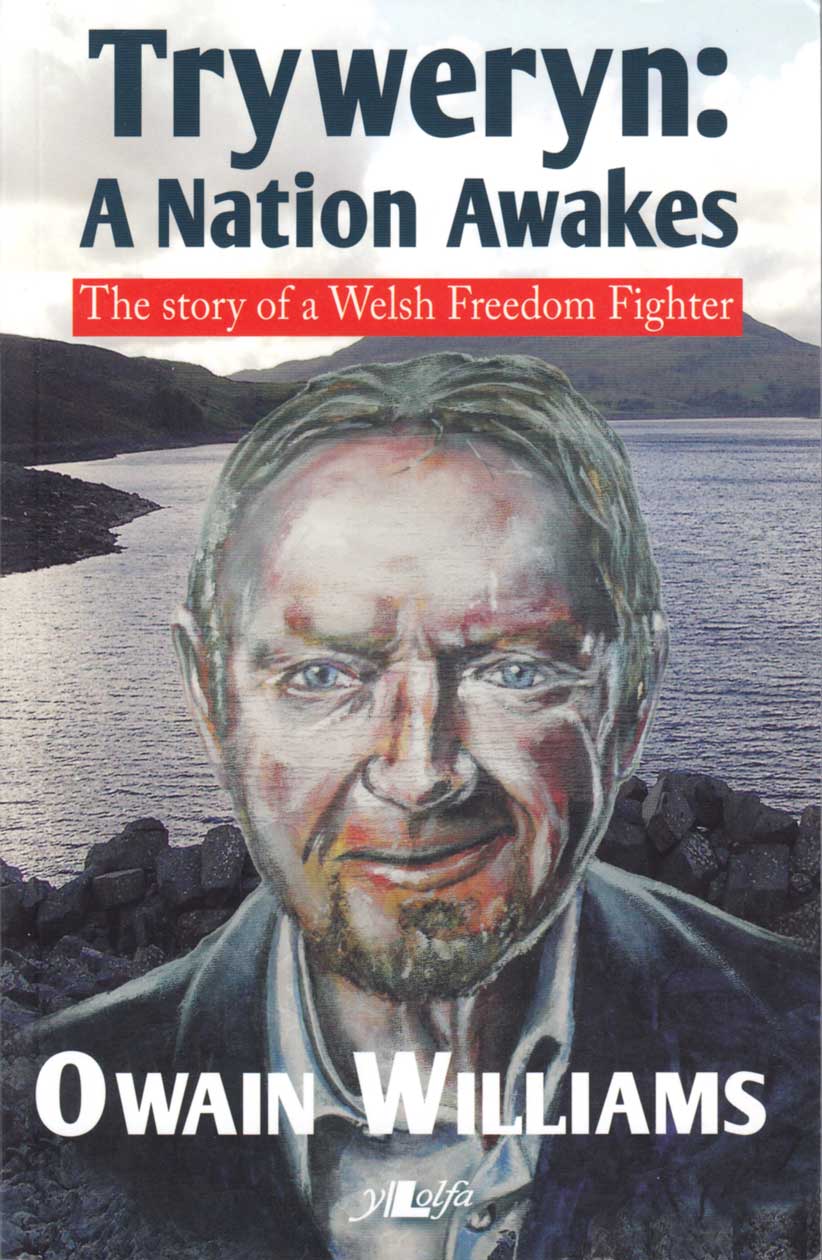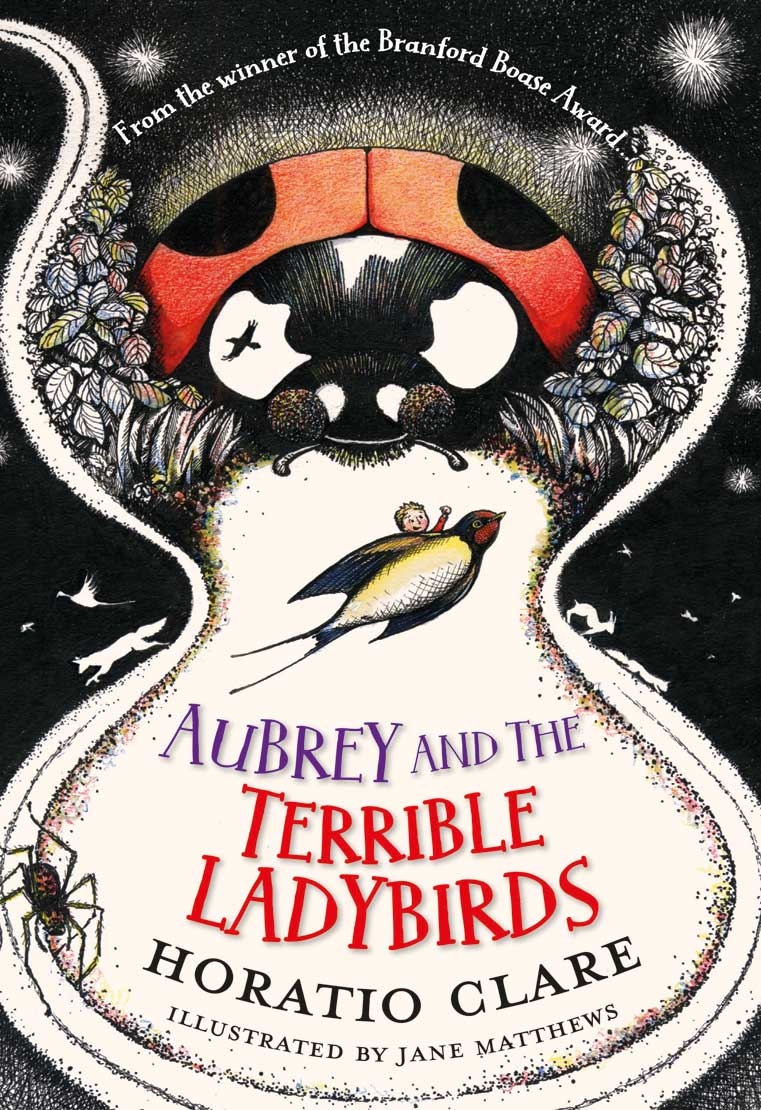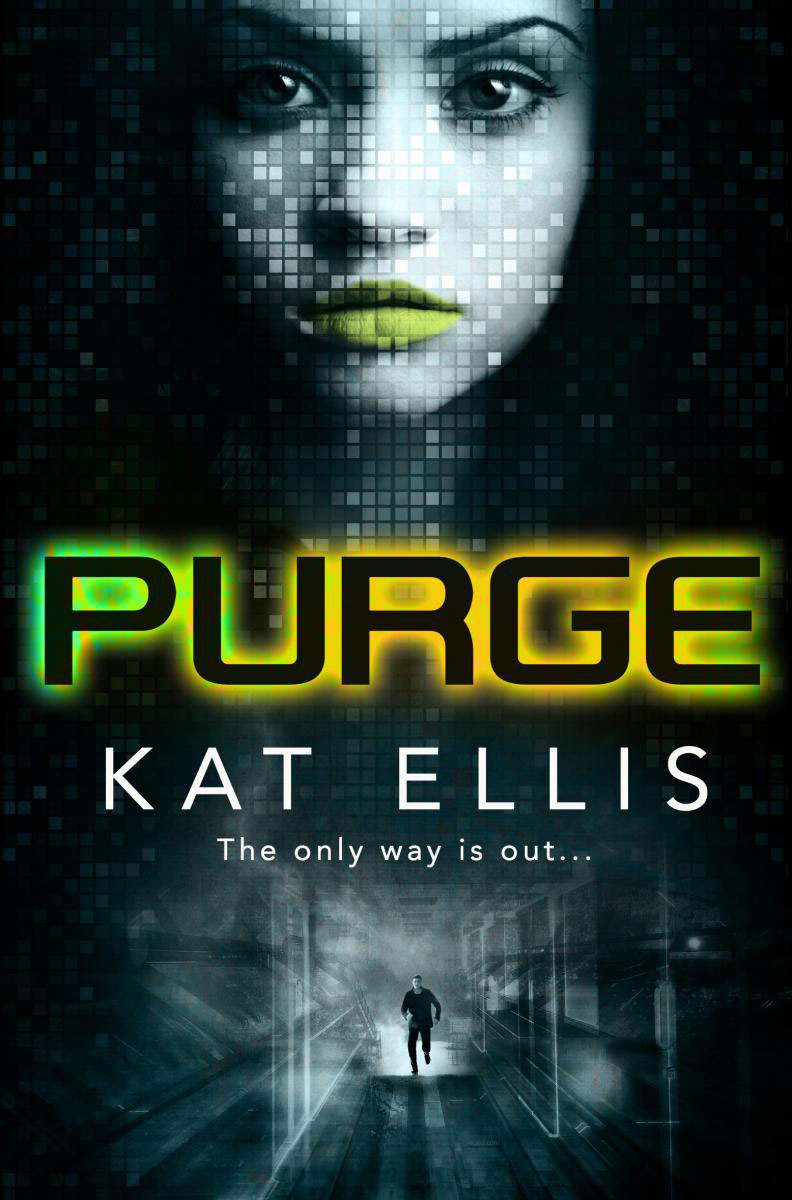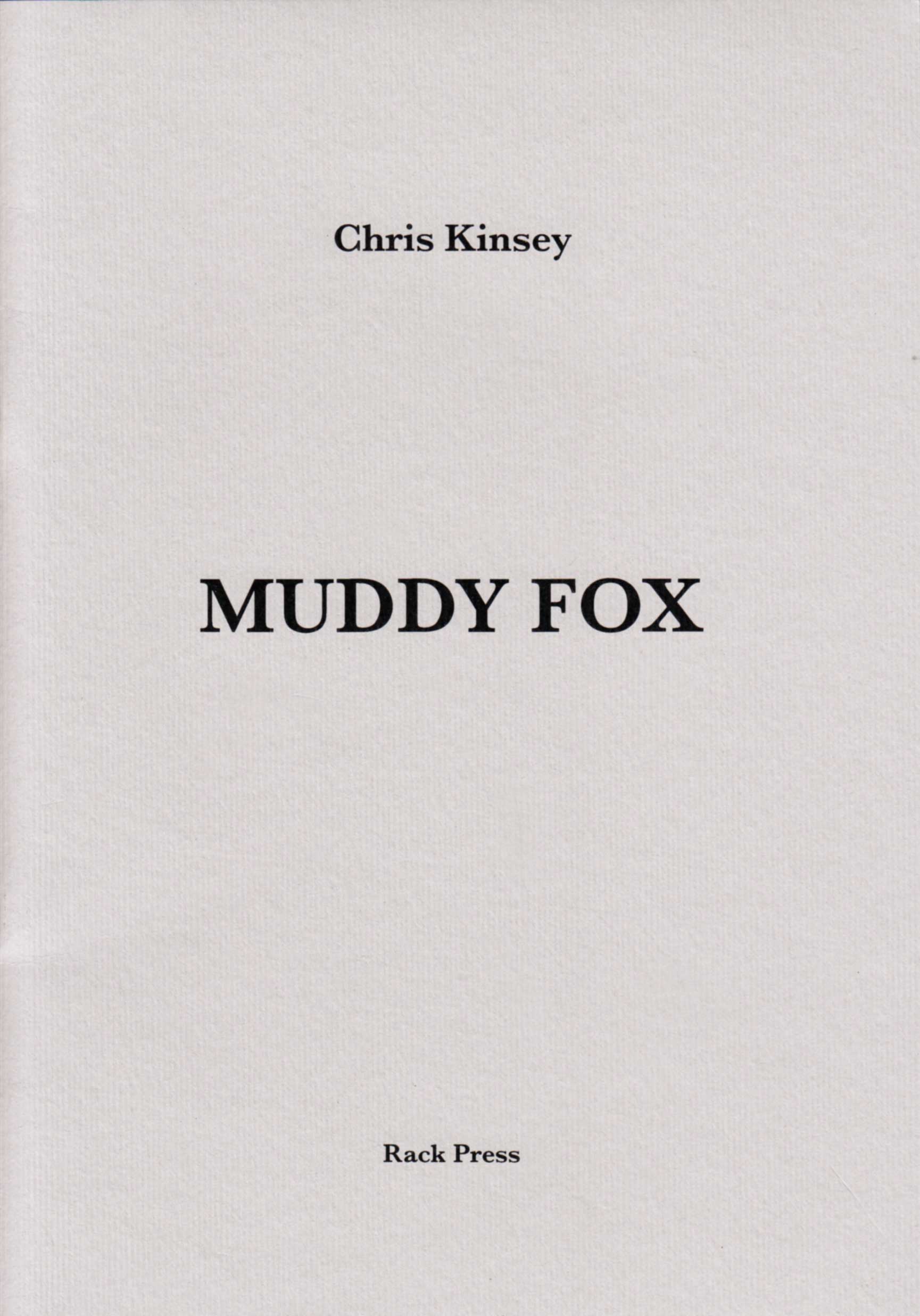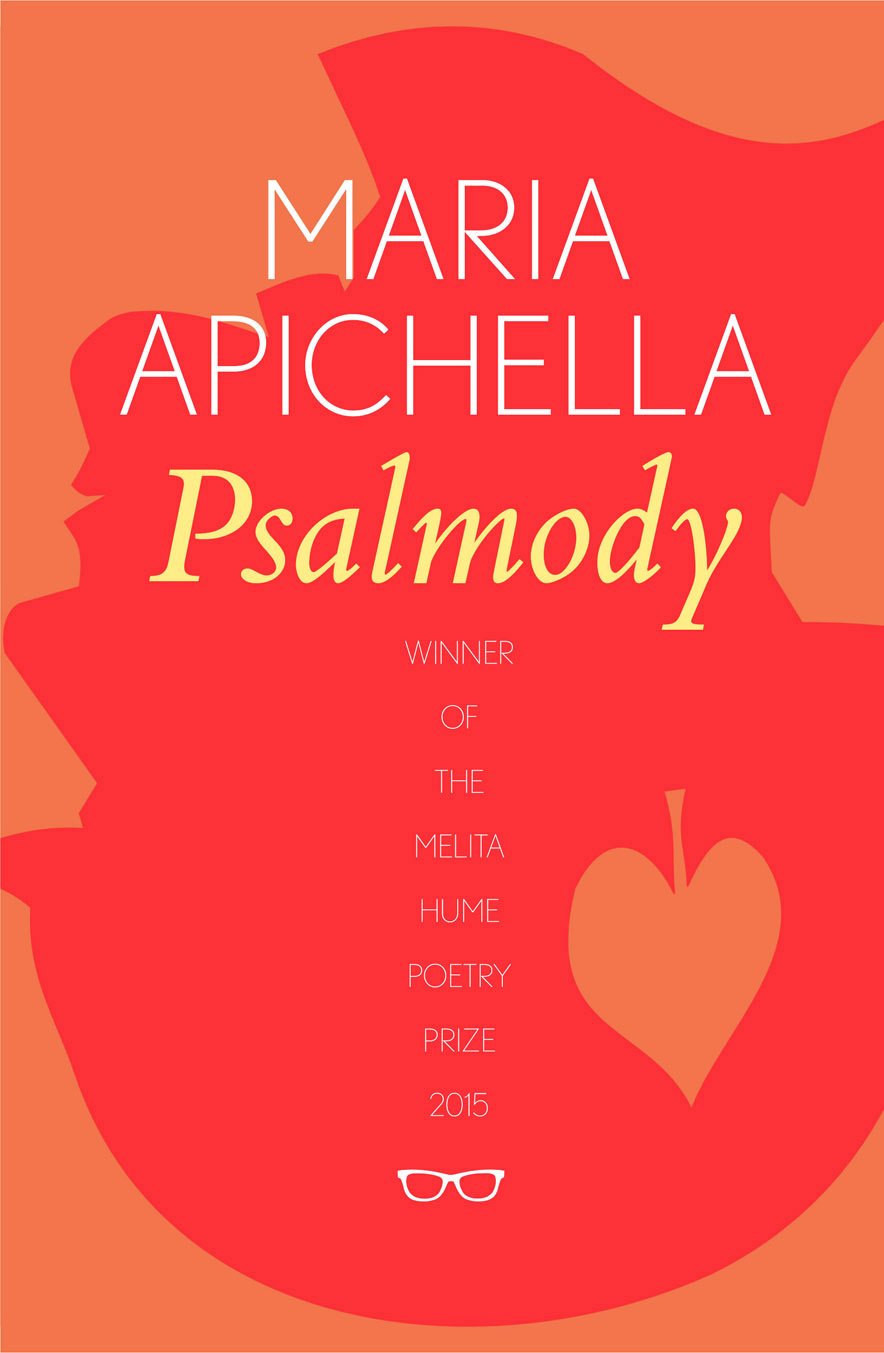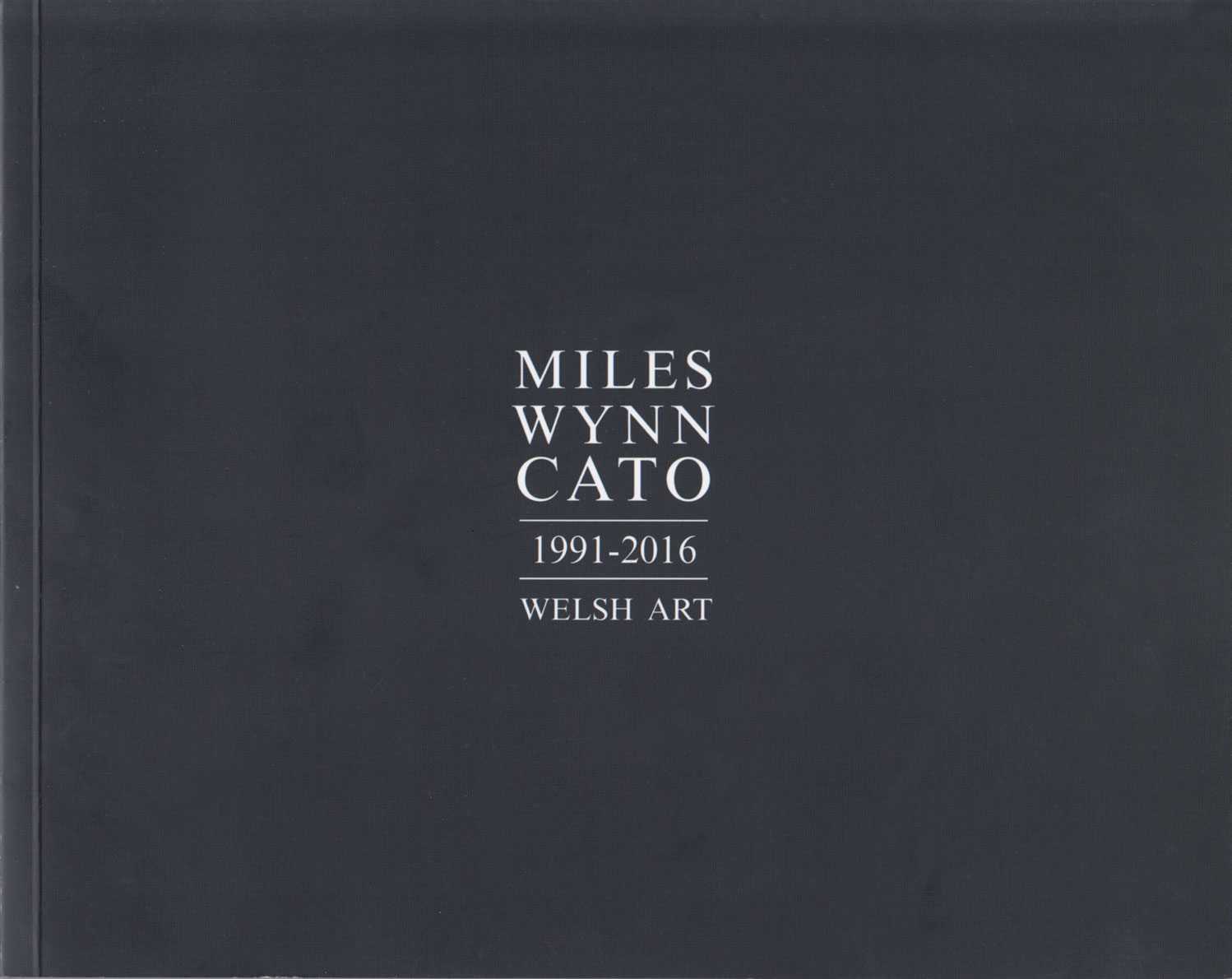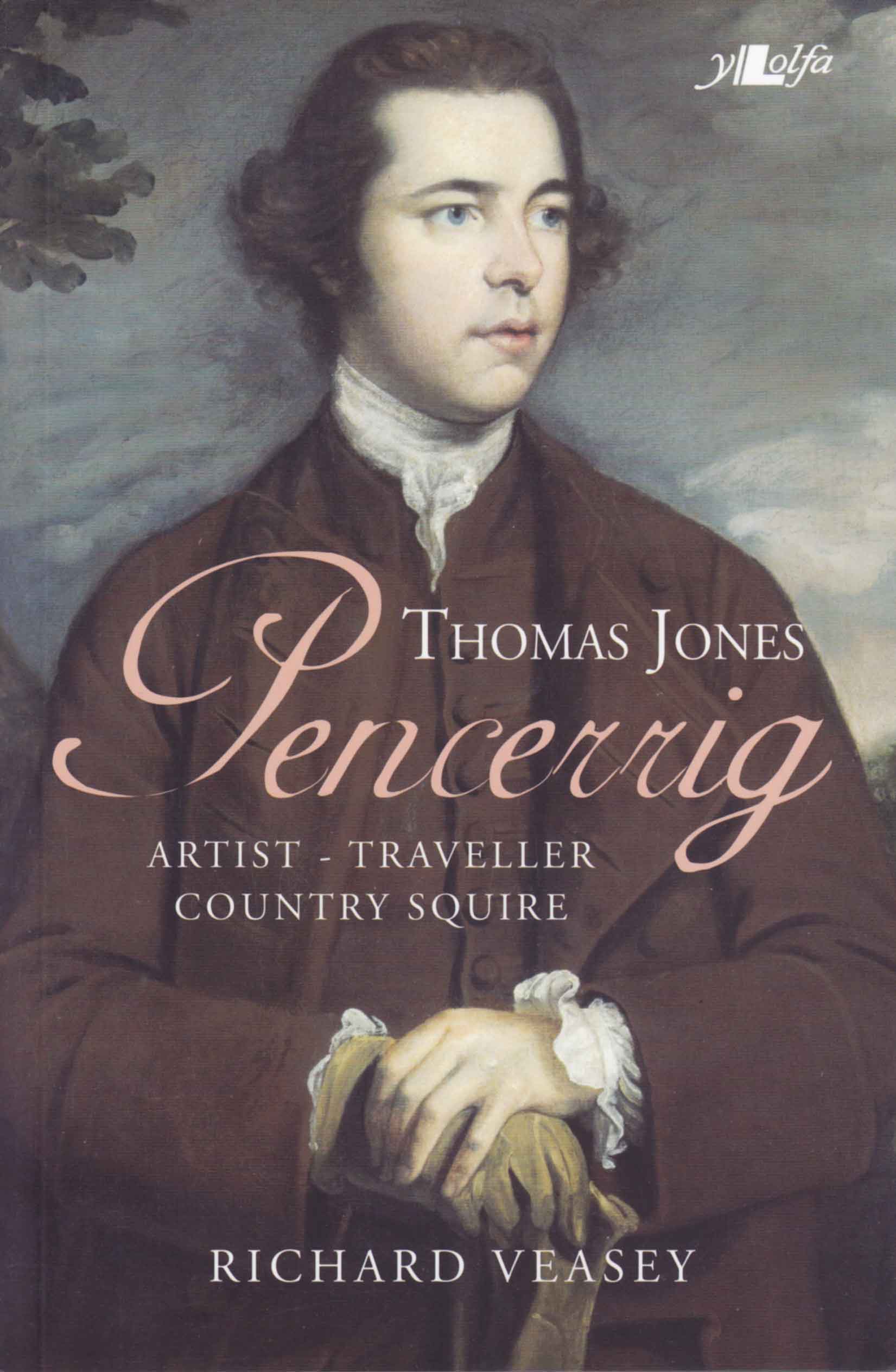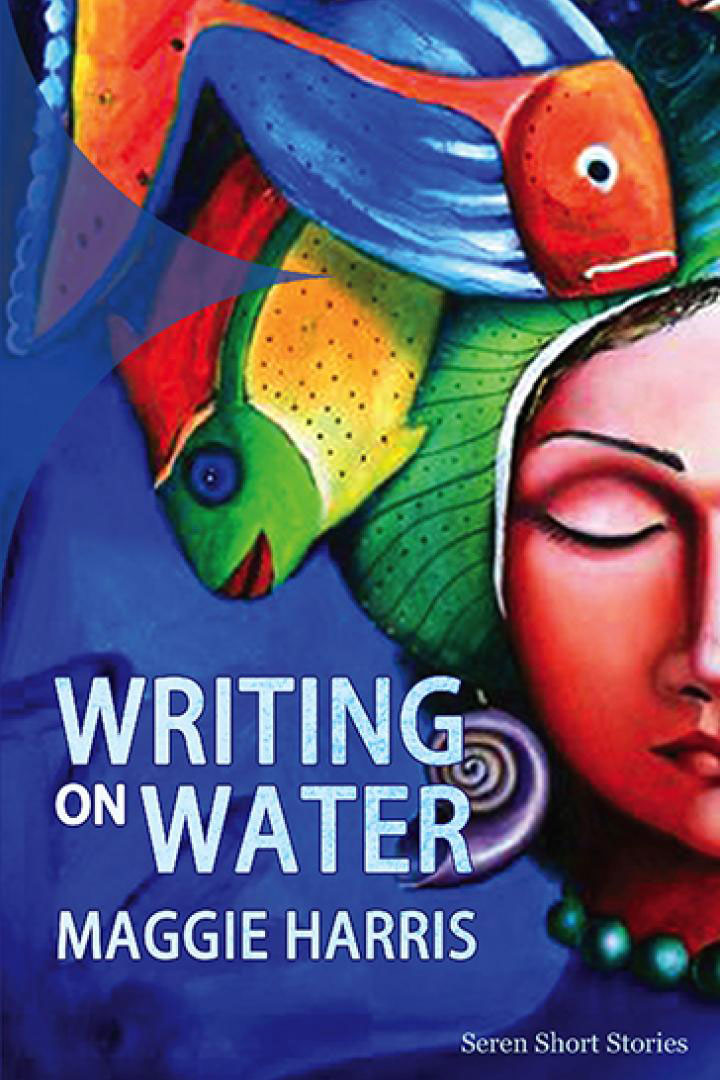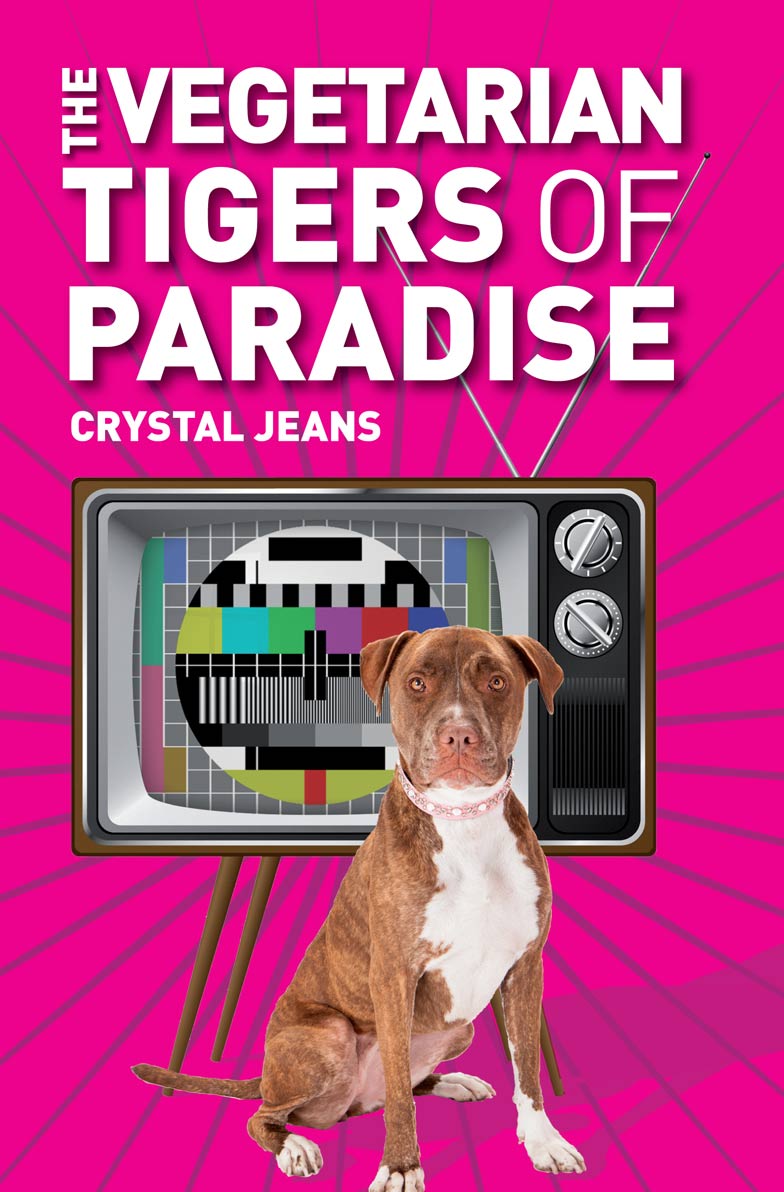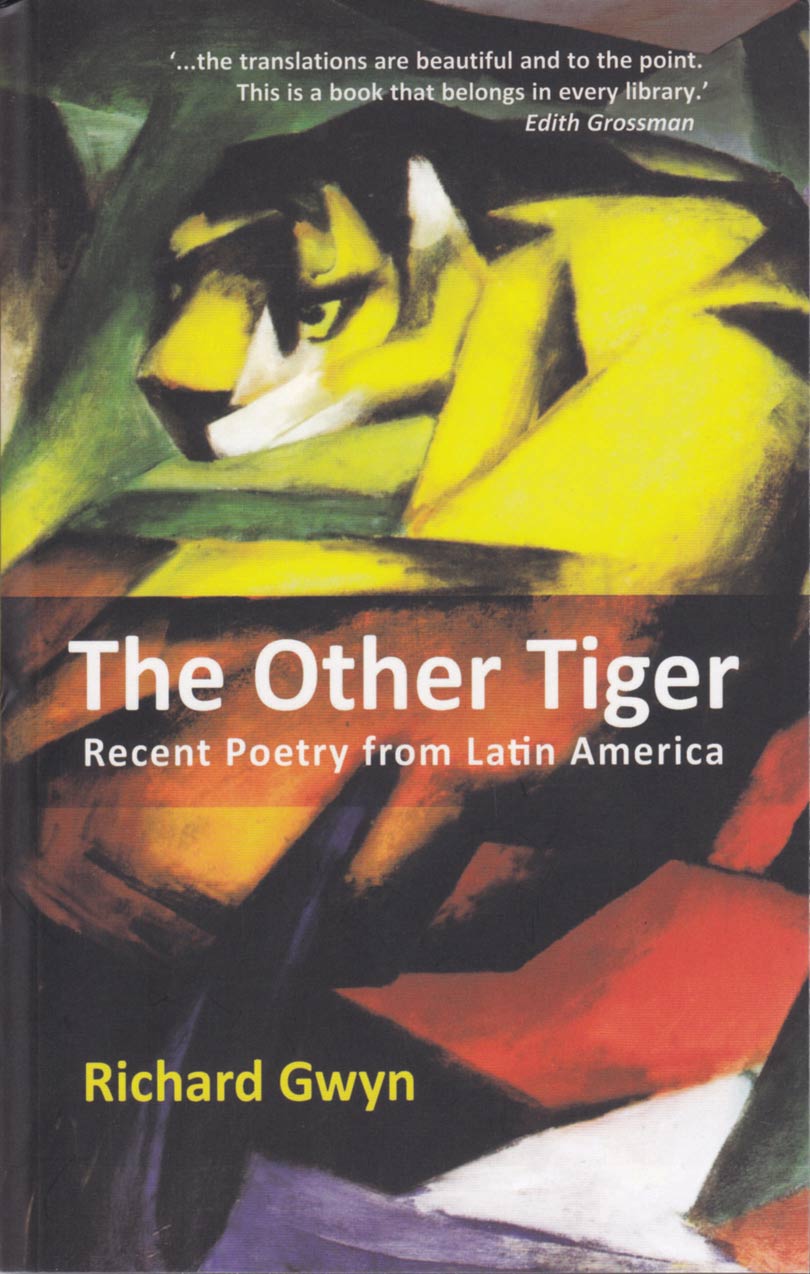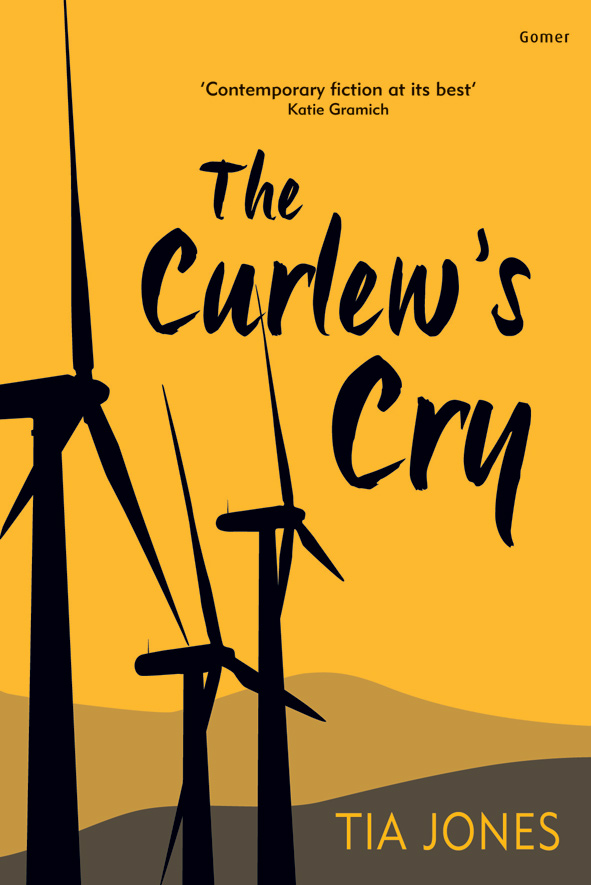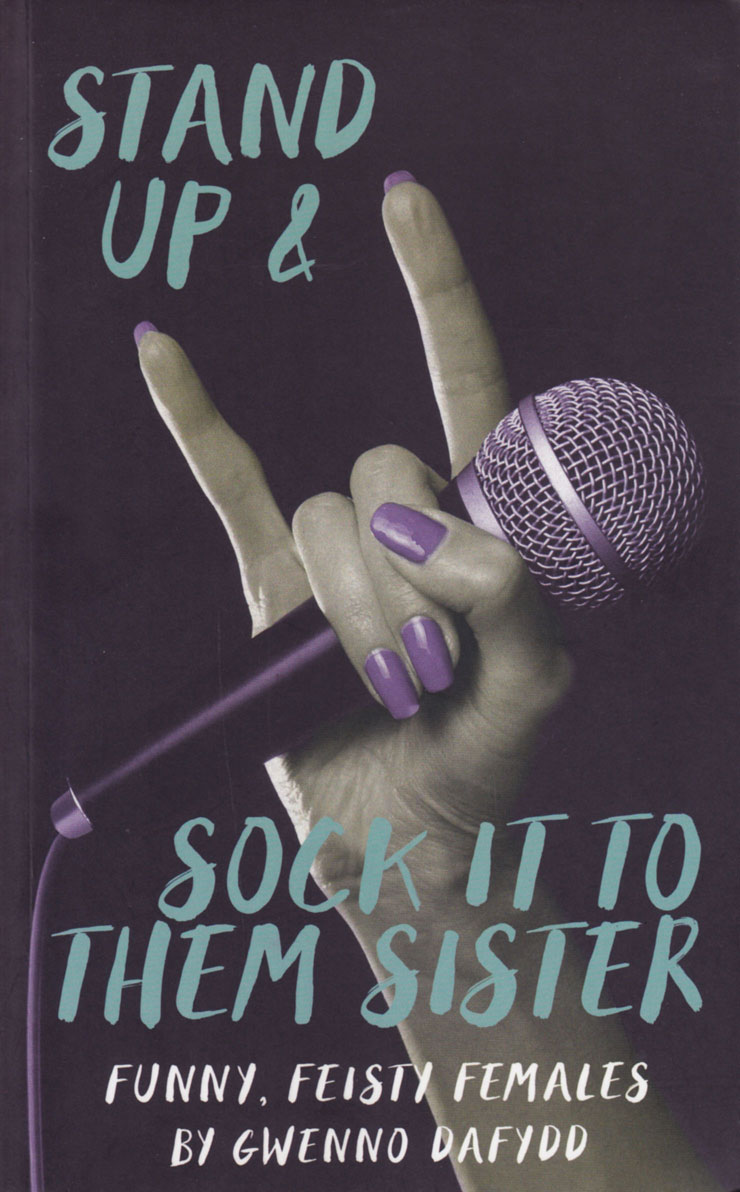Following our invitation to pool ideas for how to safeguard Welsh national interests following the Leave vote, Ned Thomas warns that we first need to be fully aware of what is at stake for Wales should we no longer be part of a European mosaic of cultures and languages. With the dream of Welsh European ‘unity in diversity’ under threat, he argues that the Welsh language and Wales as a distinct political community face an uncertain future.
Read moreSara Peacock explores the striking commonalities between manifestations of prejudice against LGBT+ people and Welsh speakers, and how strategies used by the LGBT+ community to resist discrimination and carve out space for self-expression could be fruitful for protecting the Welsh language.
Read moreOur Welsh Keywords offers contemporary perspectives on the meaning of words in Welsh, inspired by Raymond Williams’ Keywords. In this issue, historian Paul O’Leary traces the mutating meaning of the word ‘crachach’, from the 1880s to the present. He discusses how the toxic term has become a common slur on Welsh speakers as a whole, despite stark class inequalities within both Welsh and English-speaking communities. Why do people feel the impulse to concoct dark visions of shadowy elites?
Read moreOur series Retracing Wales offers creative responses to the Wales Coast Path which lead the reader astray from the usual tourist narratives. Charlotte Williams, the daughter of a Welsh mother and Guyanese father, was brought up in Llandudno and now lives in Australia. From this faraway country she finds a way of reconciling her feelings towards the Welsh landscape.
Read moreRobert Minhinnick on how the late Iwan Llwyd understood what is most meaningful about poetry, remembering trips across the Americas and an expedition to the dunes and jukeboxes of Porthcawl...
Read moreColin Thomas compares and contrasts the experiences and literatures of Welsh emigrants to the US with those of more recent migrants to Wales, hearing contemporary accounts of discrimination and disempowerment as well as liberty and creative fulfilment.
Read moreA short story by Jo Mazelis
Read moreRachel Trezise reviews Triptych: Three Studies of Manic Street Preachers’ The Holy Bible, drawing on her memories of first listening to the album as a Valleys teenager. While the book evokes a long-gone era of Blairism and bootleg cassettes, she argues that the album now seems extraordinarily prescient in light of resurgent right-wing extremism across the Western world.
Read moreIn this review of media coverage of the 2017 general election, playwright Greg Cullen sets the scene from a Marxist perspective of how the power of the mainstream media was punctured by a surge in support for Corbyn’s Labour: the social media echo chamber has finally burst open…
Read moreEllen Bell reviews two recent art exhibitions which give a long view on the impact of climate change on human populations, and how contemporary climate change and the plastics industry are transforming the Welsh coastline and beyond. She gives an insight into a forthcoming exhibition of work by Mike Perry which will travel Wales and deepen our understanding of the human stories behind the detritus washed up on our beaches…
Read more
